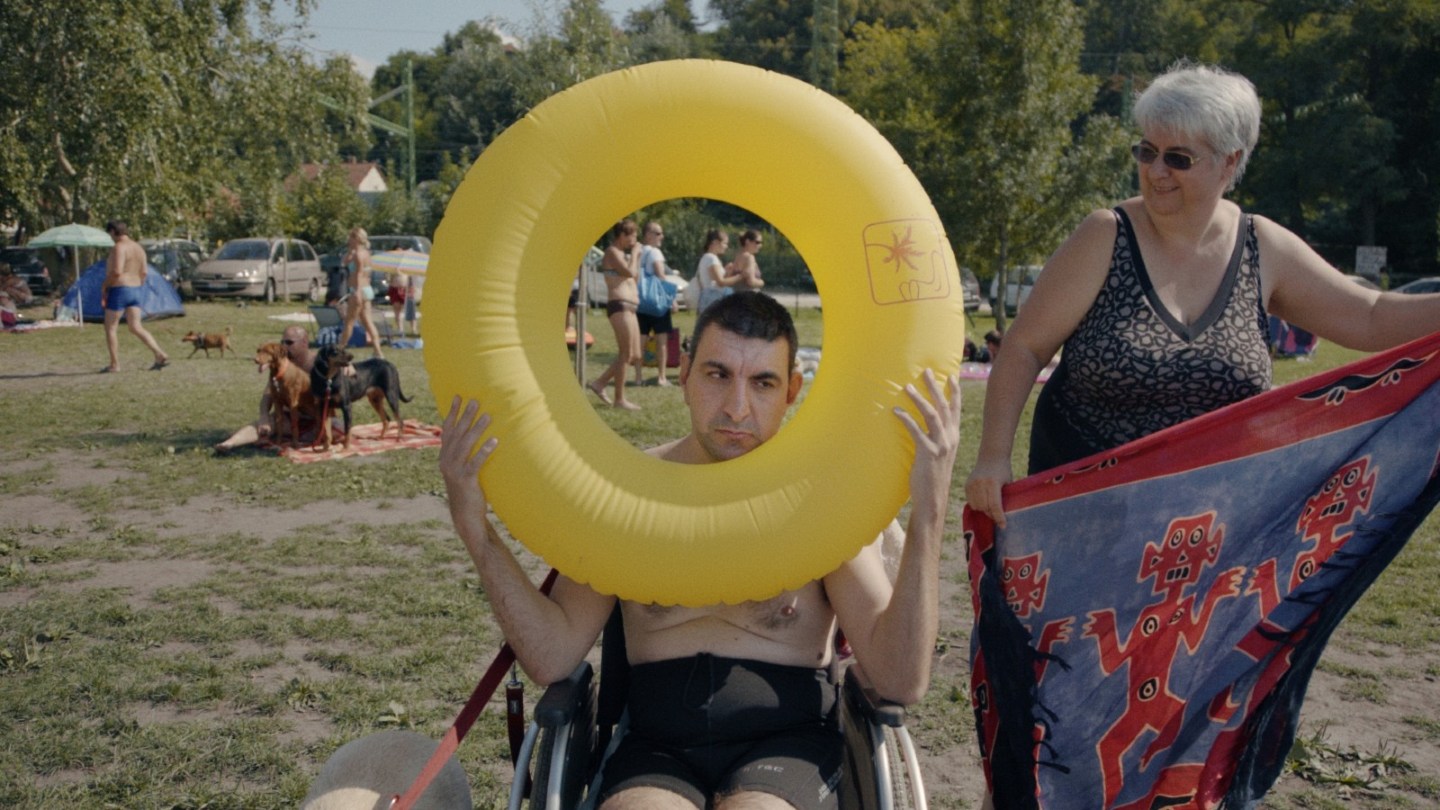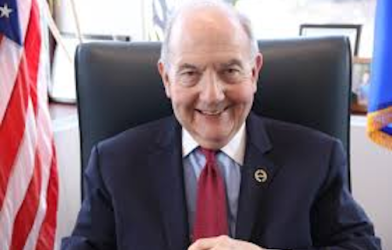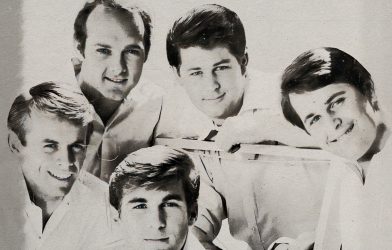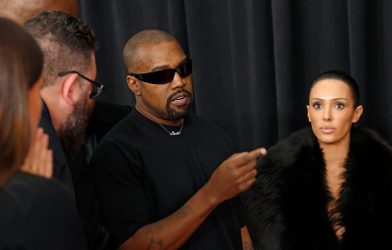The process of selecting and then screening movies for the Sarajevo Film Festival (SFF) is a deeply personal experience for programmer Rada Šešić.
“I will reveal to you one secret,” Šešić confides. “After I introduce the film and the maker, I stay in the cinema and listen to how the audience ‘breathes,’ how it reacts; I shudder every time someone opens the door with a bang or leaves in the middle of the film, it hurts me to see a restless, fidgeting audience.”
Šešić will be holding her breath every time for the screenings of the 21 films (including 19 in competition) in this year’s documentary section, picked from 275 submissions.
“Each screening feels like I am a student taking an exam, and I, too, not just the directors, feel that the screening in Sarajevo is a special occasion, somehow solemn,” she says. “We have many world or international premieres each year, and that moment when the film meets the audience is usually quite emotional.”
Šešić rates this year’s selection as “very mature, engaging, and compelling films,” which will be judged by a jury featuring Mandy Chang (founder and creative director at documentary label Undeniable), Marek Hovorka (founder and director of the Ji.hlava International Documentary Film Festival in Czechia) and acclaimed Chinese documentary-maker Wang Xiaoshuai (Beijing Bicycle).
The competition will open with the world premiere of Hungarian filmmaker Anna Rubi’s latest feature Your Life Without Me, which follows a group of elderly mothers in their efforts to ensure the support system they’ve established for their handicapped adult children will continue after those mothers pass away.
There will be a strong Ukrainian presence this year — Sarajevo has opened up space for Ukrainian directors in the wake of Russia’s 2022 invasion — with projects including the world premiere of Dad’s Lullaby, the feature debut of acclaimed Ukrainian short-filmmaker Lesia Diak, a look at the lives of traumatized soldiers as they return home to their families. Diak will be joined by Maria Stoianova whose Fragments of Ice traces the director’s family history as a mirror the history of her country; and Olga Chernykh’s A Picture to Remember, a portrait of three generations of Ukrainian women, from the days of the USSR until today.
“In addition to the cinematic qualities, our selection very powerfully depicts the reality around us; the films are pretty bold, straightforward, and bravely done,” says Šešić. “I was amazed by the intimacy achieved in so many personal authors’ stories.”
Two Croatian productions are among the doc highlights this year. The BBC has already picked up Goran Devis’ Pavilion 6, a look at the issue of COVID vaccinations made with a touch of humor, while Silvestar Kolbas’ Our Children also finds the funny in his look back over his family’s 30-plus year history questioning “parenting, marriage and life harmony.”
Šešić points towards Bosnian-born Maja Novakovic’s At the Door of the House, Who Will Come Knocking as “an ode to the human spirit, celebrating the almost sacred connection between man and nature.”
“Documentary films are highly relevant in our region,” says Šešić. “They are a kind of barometer of a society measuring the political and social ‘temperature;’ they signal what is boiling under the surface. Often, they serve as instruments of social and political discussion, engaging us in meaningful conversations.”
She adds: “Sometimes, taboo issues do not reach mainstream society for a long time. They are constantly overlooked, neglected, and pushed ‘under a carpet’ yet they must be seen and talked about. Gender issues, post-war traumas, domestic violence, and silence around it. Well-made documentaries have the power to trigger those debates.”
Documentaries are also part of the SFF’s DNA, she says, dating back to a three-day screening schedule 20 years ago, and since expanding into platforms including the Dealing with the Past program, a True Stories Market, and a Docu Rough Cut Boutique which is “instrumental in helping many regional documentary projects on their way to reaching international audiences.”
“These non-competitive yet exceptionally important programs bring relevant narratives to be heard and discussed,” says Šešić. “I am excited every year about screenings of the films chosen because the festival is all about encounters between films and the audience and the filmmakers discussing their work.”
And she concludes: “The festival in Sarajevo has a faithful, savvy audience interested in documentary cinema. This audience responds to the relevance and intrigue of the story but also knows how to respect the author’s artistic expression. The documentary films in our competition give the viewer food for thought that may well, in the long run, bring about positive change.”









